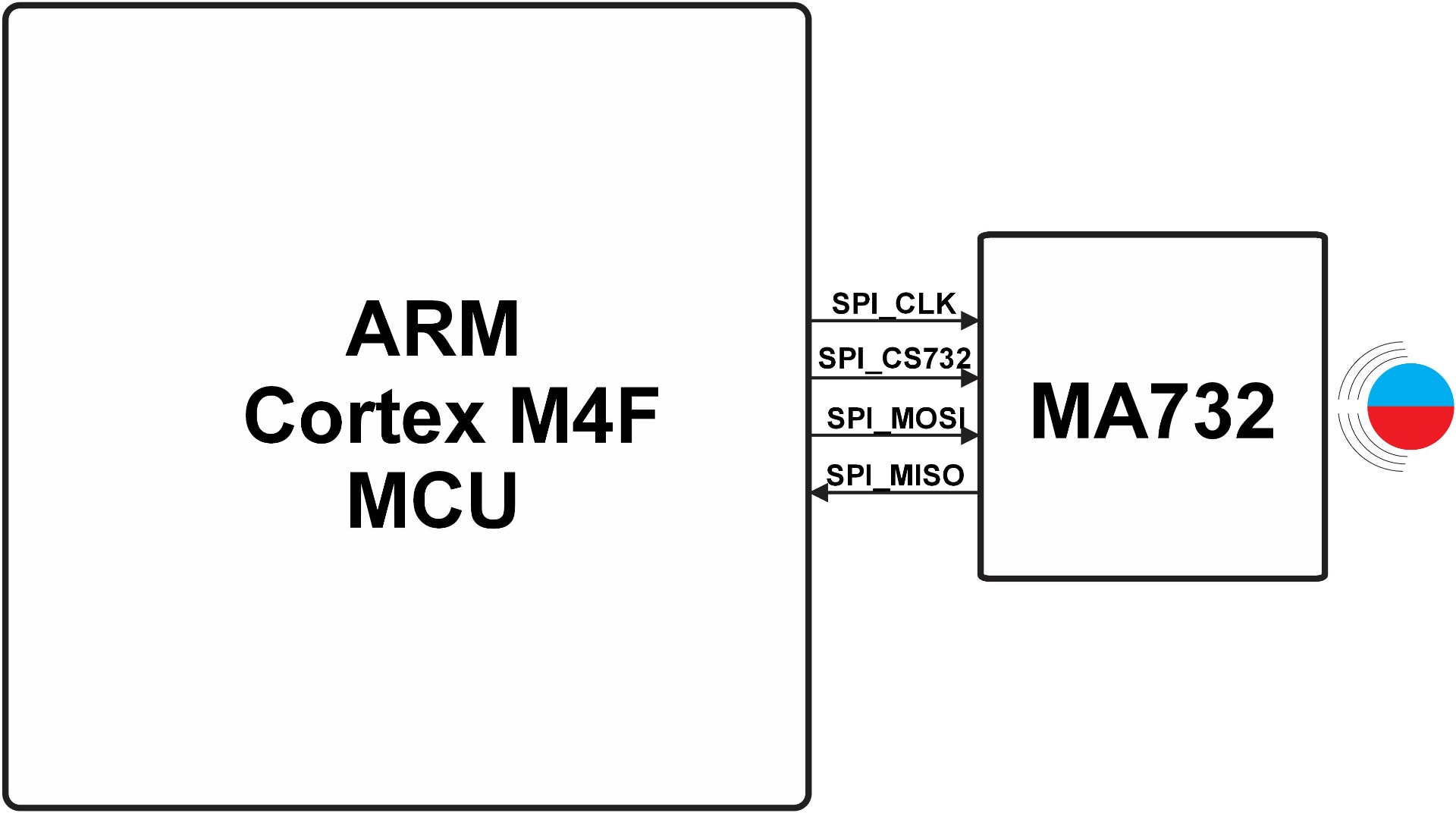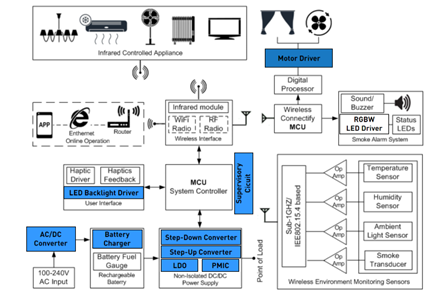Serving as the cornerstone of modern industrial operations, electric motors hold an unmatched significance in today's engineering and technological landscapes. When one considers several key aspects, their significance becomes apparent:
Ubiquity and Versatility: Electric motors can be found everywhere. From household appliances such as washing machines and refrigerators to intricate machinery in industrial environments, electric motors constitute the backbone of mechanical operations across a range of sectors. From precise positioning in medical devices to powering massive industrial pumps, electric motors showcase their versatility through a range of sizes, types, and power capacities, allowing them to be utilized in a variety of applications.
Efficiency and Sustainability: Electric motors provide greater energy efficiency compared to traditional combustion engines. A considerable amount of industry's electricity consumption is dedicated to powering electric motors. In fact, some motors achieve efficiencies exceeding 90%, transforming electrical energy into mechanical energy with high efficiency. Aligning with global endeavors towards sustainability and environmental responsibility, this high efficiency results in lower energy costs and reduced greenhouse gas emissions.
Economic Impact: Electric motors have a tremendous economic impact. Critical components in numerous industries, electric motors propel the machinery responsible for goods production, automation management, and essential processes execution. The production rates, operational costs, and overall economic output of industries are directly impacted by the efficiency and reliability of electric motors.
Innovation and Technological Advancement: Since their inception, electric motors have been a realm of ongoing innovation, undergoing significant evolution. Encompassing robotics, electric vehicles, and renewable energy systems, today, they stand at the forefront of numerous state-of-the-art technological advancements. Advancements in motor design, control systems, and materials have resulted in motors that are more potent, efficient, and versatile for a range of applications.
Driving Renewable Energy Adoption: The adoption and efficiency of renewable energy systems are significantly influenced by the pivotal role electric motors play. They transform wind energy into electricity, as seen in wind turbines, for instance. They align panels to efficiently harness solar energy, as seen in solar tracking systems. Electric motors play an essential role in the global transition to renewable energy sources by enabling efficient energy conversion.
Critical in Automation and Robotics: Advancements in electric motor technology have largely fueled the rise of automation and robotics in the 21st century. The creation of advanced automated systems and robots has been facilitated by features of electric motors, such as precision control, high torque at low speeds, and adaptability.
Impact on Everyday Life: The influence of electric motors reaches into the quality of daily life. They are vital in healthcare, transportation, and domestic appliances, forming the backbone of most modern conveniences. The smooth operation of these systems and devices, which significantly contributes to the comfort and convenience of daily living, is ensured by the reliability and efficiency of electric motors.
The significance of electric motors cannot be emphasized enough. Bolstering economic expansion, endorsing sustainable methodologies, and elevating living standards, they are essential elements that propel innovation and effectiveness throughout various industries. Highlighting their ongoing significance in both present and future engineering applications, as technology progresses, the centrality of electric motors is poised to increase further.






直接登录
创建新帐号